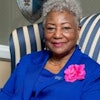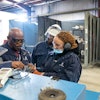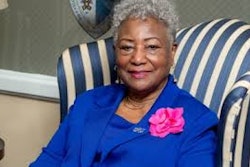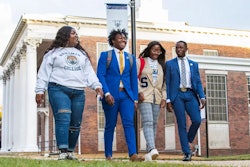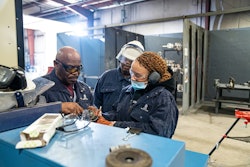NEW YORK-
Several presidents of historically Black colleges and universities (HBCUs) discussed the far-reaching influence of their institutions on American life during a panel held on Friday at the National Action Network (NAN) convention.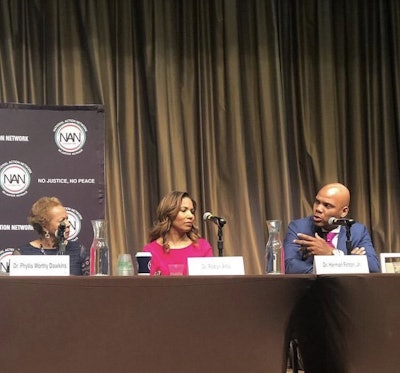
Statistics make an emphatic point. Over one-third of all African-Americans with degrees in STEM (science, technology, engineering and mathematics) fields earned their degrees at a HBCU. These are the institutions that produce Black electrical, civil and industrial engineers.
“This whole question about how critical these institutions are to our country is moot,” said Dr. David Wilson, president of Morgan State University in Baltimore. “I don’t think we as a nation can sit in any room and have a serious conversation about the long-term competitiveness of America if HBCUs are not at the epicenter of that conversation.”
Howard University president Dr. Wayne A. I. Frederick said he is living proof of the importance of HBCUs. He began his undergraduate studies at Howard as a 16-year-old with sickle cell anemia. He participated in the university’s BS/MD program, and completed medical school at the age of 22. Howard gave him an opportunity that other institutions would not.
“In 1978, there were more African-American males who applied to medical school than in 2014,” said Frederick. “If this continues over the next decade, seeing a Black male physician will be an anomaly. … Howard University sends more African-Americans to medical school than any other institution in the country.”
During the panel that was moderated by Diverse executive editor Dr. Jamal Watson, all of the presidents emphasized that HBCU institutions are inclusive, welcoming students of all backgrounds and ethnicities. Historically, these institutions have created warm, safe environments, said Dr. Roslyn Clark Artis, president of Benedict College in South Carolina.
